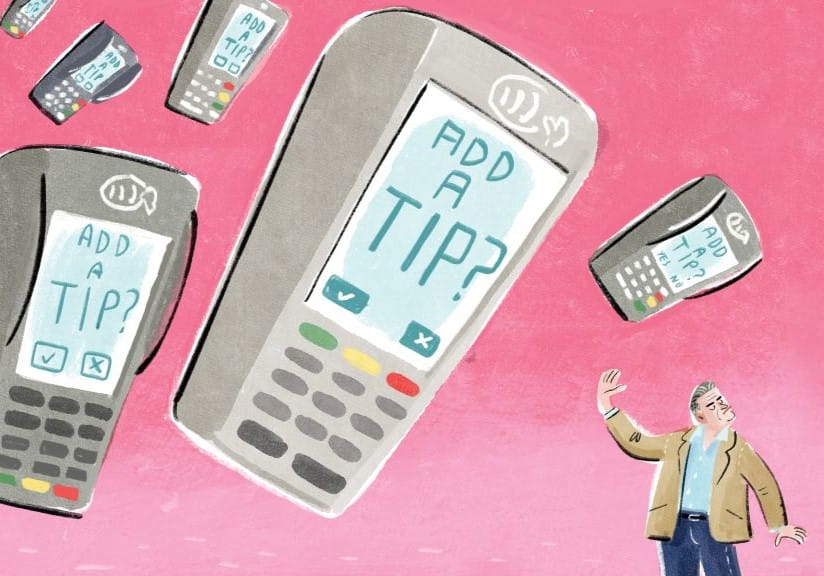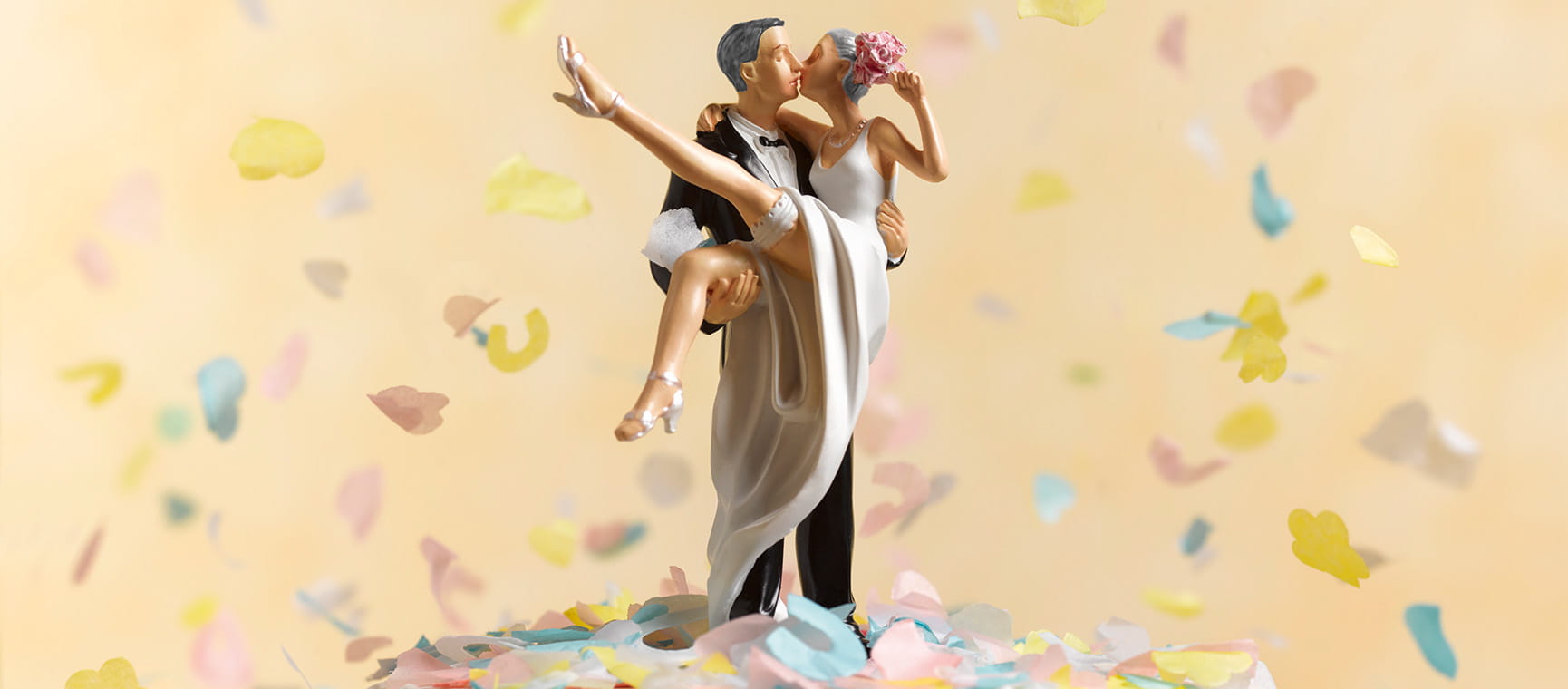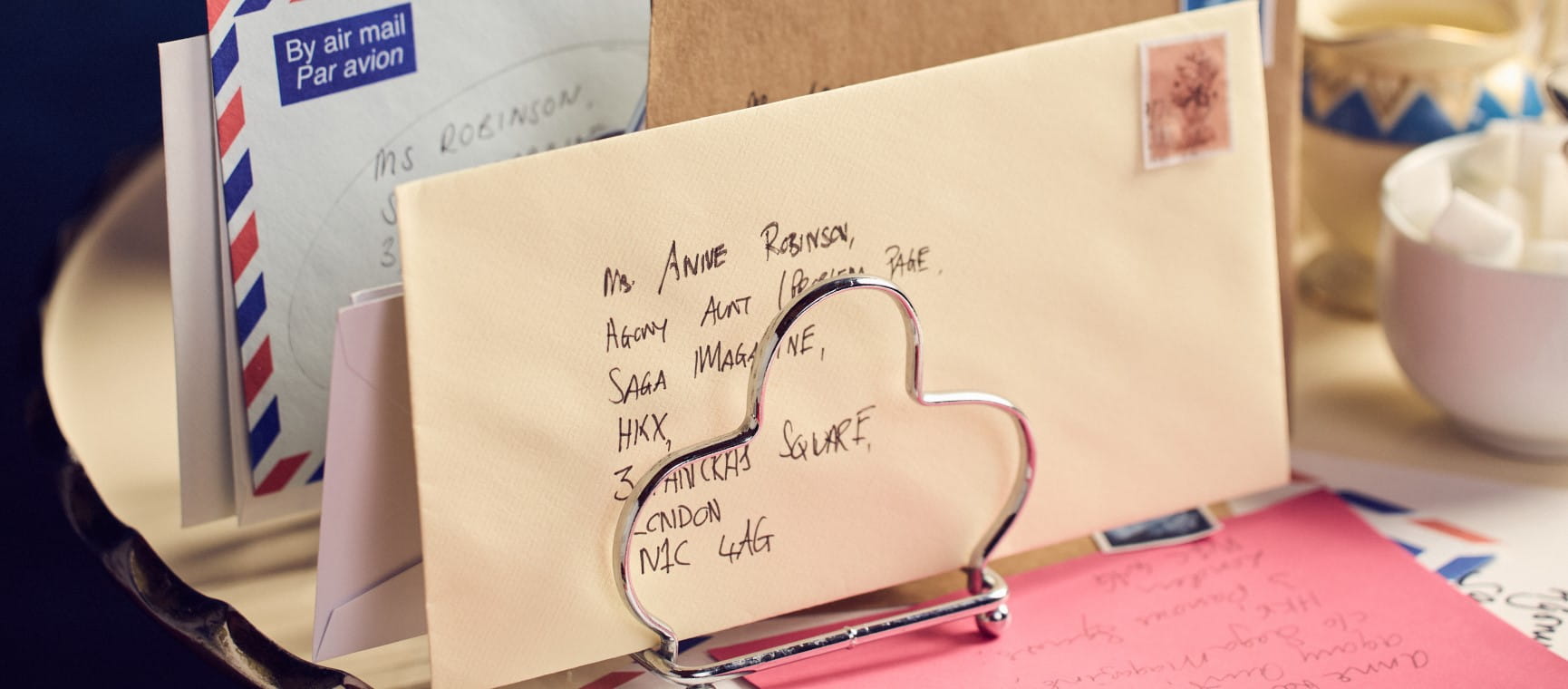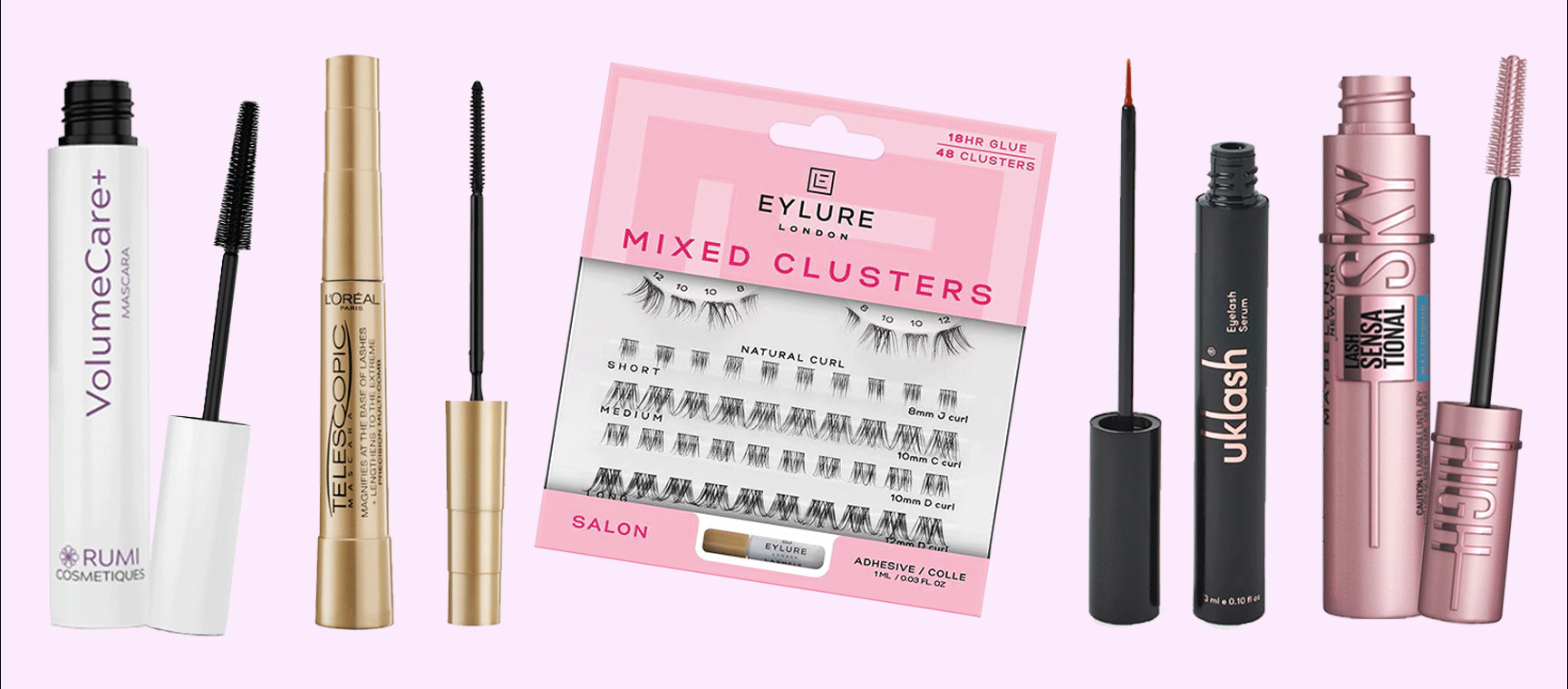Jenni Murray on how nothing is more important than true friendship
When it comes to real, trusting friends, it’s quality not quantity that counts, says our columnist.

When it comes to real, trusting friends, it’s quality not quantity that counts, says our columnist.

When I joined Facebook in 2006, I recall being horrified to discover its bizarre insistence that you could have hundreds of "friends". It seemed the very concept debased the meaning of the word. It was ridiculous to assume you could have a huge number of Facebook friends. Followers maybe, but real friendship is something more precious.
It tells me I now have 107 friends. I recognise most of the names – generally acquaintances, ex-work colleagues, neighbours who moved on, or school friends who set up home elsewhere.
My best friend from school, Linda, married a Frenchman and has spent her adult life in Strasbourg, but we’ve stayed in touch. In February I sent her birthday wishes. Her response?
"You’ll get there very soon. Who’d have thought we’d manage to live for three quarters of a century after the way we used to carry on?"
We share a long history and biting sense of humour.
She’s precious, a true friend, and I know we’ll be there for each other, despite the distance.
When joining Facebook in my mid-fifties, I’d have said I had maybe a dozen friends; in my twenties there were more. In my mid-seventies, that number has declined considerably, conforming to a pattern uncovered in research commissioned by Sanctuary Care, which found a typical adult has eight pals but only four close enough to be classed as friends.
Six months ago I’d have said I had five true friends. Top of the list was Griselda, who I met in my twenties. She was a colleague at BBC Radio Bristol and, though we both moved a lot, our presence in one another’s lives never diminished.
She shared my sense of humour, our politics matched, we met our husbands around the same time, and had our children within months of one another. We knew everything about each other. There were no secrets, and I trusted her implicitly. She was also the most startlingly well-informed woman I’ve ever met.
Three years ago, disaster struck. The breast cancer she’d had around the same time as me in our fifties came back and took over her body. She endured chemotherapy more bravely than I could have imagined and coped with pain and the spread of the beast with charm and humour.
Her funeral last September was heartbreaking.
Sally is a close friend I also met at work. She was my editor when I joined Woman’s Hour. Like Griselda, she fills me with information, always recommends the right books to read, makes me laugh, shares my politics and is infinitely better than me at keeping in touch. We have dinner every two weeks, generally prompted by a text from her. We always keep each other’s secrets.
Norma was our family dentist and became my close friend even though I hated going to see her in her surgery. When I had my second son at home, it was Norma I asked to come and take care of my then four-year-old Ed.
Norma’s always been there when I’ve needed her, doling out advice on pensions and how to save money. She’s a wise Scot who never lets me go off the rails.
Then there’s Sarah, who also came into my life in my Bristol days. She still lives in the city and is always there for a visit, chat and advice.
So, that’s my four friends: truly intimate pals I treasure and who’ve meant I never feel lonely because one of them is always on the end of the phone. I know how much they matter to me.
The research on friendship pointed to the importance of knowing your local community and, as we age, learning how important new friends close by will be.
I have Barbara and Chris. I met Barbara soon after I moved into my current home. I’d fallen on the ice outside my front door, broken my humerus and, if it hadn’t been for her passing by, I may have been lying there still.
Victor, a Russian who lives opposite me with his wife and daughter, came to my aid one day when I had a problem with the central heating. He fixed it and I offered to pay him. He said no.
His mother lived alone in St Petersburg and Victor just hoped there’d be someone nearby who would do for his mum what he did for me.
My friends close by make me feel safe; I don’t fear becoming lonely. Nothing’s more important than true friendship. It can’t be compared with the nonsense of hundreds of friendships on the internet.
You may only have a small number, but nothing gives comfort like a true friend.
Dame Jenni Murray is a journalist and broadcaster. She presented BBC Radio 4's Woman's Hour for more than a decade and now writes regularly for national newspapers and magazines. She is a monthly columnist for Saga Magazine.
View author page

Our online matching service brings you closer to like-minded people on a site you can trust. Create your free profile today

For a limited time, enjoy 3 issues of Saga Magazine for just £1. Receive the next 3 print editions delivered direct to your door, plus 3 months’ unlimited access to the Saga Magazine app—perfect for reading on the go.
Don’t miss your chance to experience award-winning content at an exceptional price.
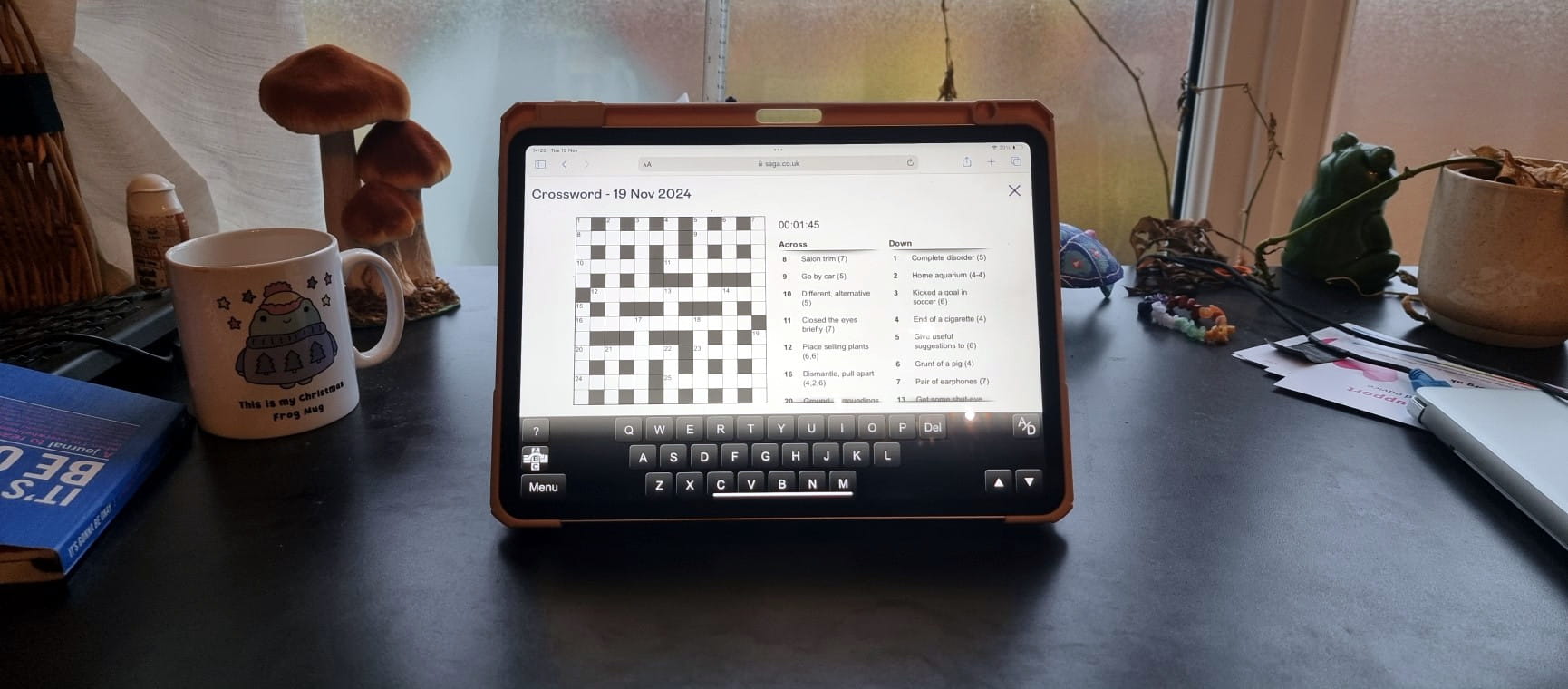
The ultimate guide to Saga Puzzles, full of technical tips, tricks and hints.
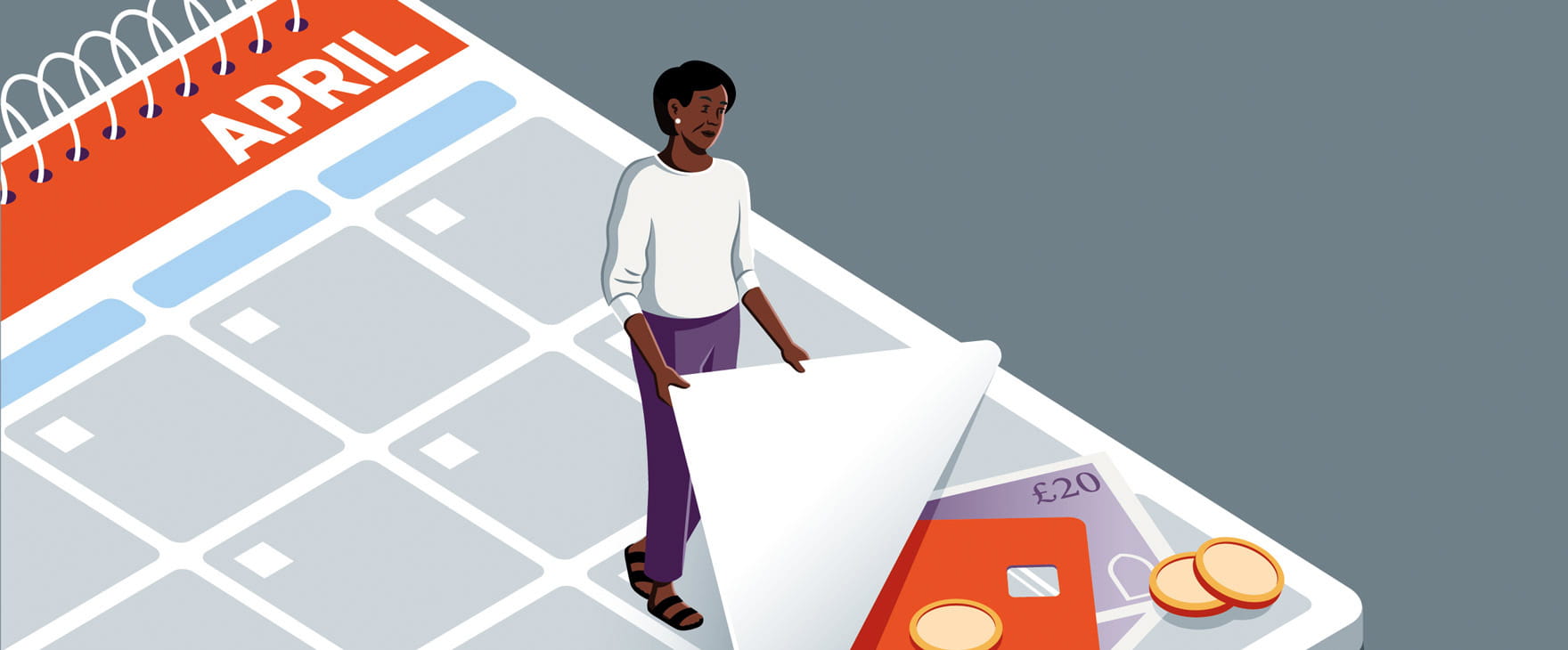
With the start of the new financial year on 6 April, our money expert explains the changes to your pension, benefits and taxes.

